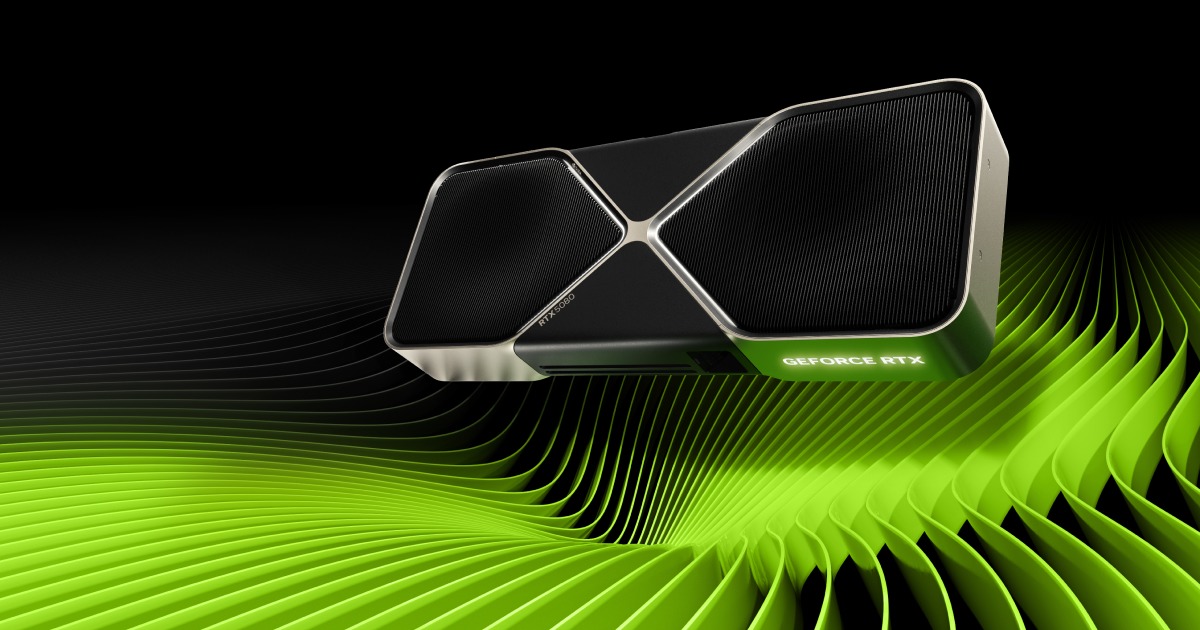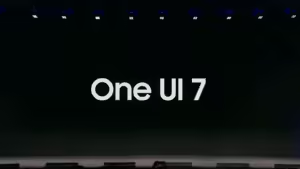
What is a Good Latency for Gaming?
In the competitive world of online gaming, latency plays a pivotal role in your overall gaming experience. Understanding what latency is and how to manage it can help you achieve peak performance. This article dives into the concept of latency, what constitutes good latency for gaming, the factors affecting it, and practical tips for optimizing your setup.
What is Latency? 📉
Latency is the time it takes for data to travel from your gaming device to the game server and back. It’s typically measured in milliseconds (ms). Lower latency means faster response times, which can significantly enhance your gaming experience.
Latency Categories
| Latency (ms) | Category | Description |
|---|---|---|
| < 20 ms | Excellent | Almost instantaneous responses; ideal for competitive gaming. |
| 20 – 50 ms | Good | Smooth gaming experience; generally acceptable for casual players. |
| 50 – 100 ms | Acceptable | Noticeable delays; can affect performance in fast-paced games. |
| > 100 ms | High | Significant lag; frustrating for gamers, particularly in competitive scenarios. |
Factors Affecting Latency 🛠️
- Internet Connection Type 🌐
- Fiber Optic: Offers the best latency, typically between 10-20 ms.
- Cable and DSL: Provide decent latency, around 20-40 ms.
- Satellite: Often results in high latency, sometimes exceeding 500 ms—not recommended for gaming.
- Wired vs. Wireless Connections 🔌
- Wired Connections: An Ethernet connection provides stability and lower latency.
- Wireless Connections: Wi-Fi can introduce delays due to signal interference and range issues.
- ISP Performance 📶
- The performance of your Internet Service Provider (ISP) can significantly impact latency. A reputable ISP known for low latency is essential for gamers.
- Network Congestion 🌐
- Multiple devices using the same network can lead to increased latency, especially when they are streaming videos or downloading large files.
- Game Server Location 🌍
- The distance to the game server matters; the farther away you are, the higher the latency. Choose servers closer to your geographical location whenever possible.
How to Optimize Latency for Gaming 🏆
Here are some practical tips to help you reduce latency for a smoother gaming experience:
1. Use a Wired Connection
Connecting your gaming device directly to your router with an Ethernet cable usually results in lower latency compared to wireless connections.
2. Choose the Right ISP
Research ISPs in your area that are known for providing reliable, low-latency connections, especially for gaming.
3. Limit Network Usage
Minimize the number of devices using your network while you game to reduce congestion and improve latency.
4. Optimize Router Settings
Configure your router settings to prioritize gaming traffic. Look for features like Quality of Service (QoS) settings.
5. Select Nearby Game Servers
Whenever possible, choose game servers that are geographically closer to your location to reduce travel time for data.
FAQs about Gaming Latency ❓
- What is considered good latency for gaming?
- Good latency is typically below 50 ms. Anything under 20 ms is excellent.
- How can I check my latency?
- You can check your latency using online speed tests or in-game network diagnostics.
- Does latency affect single-player games?
- Latency has less impact on single-player games, but it can affect load times and response times in open-world environments.
- Is latency the same as ping?
- Yes, latency and ping are often used interchangeably; both refer to the same measurement of delay.
- Can I improve latency with my Wi-Fi?
- Yes, optimizing your Wi-Fi network and reducing interference can help, but a wired connection is usually more reliable.
- What latency is acceptable for competitive gaming?
- For competitive gaming, aim for latency below 20 ms.
- Can background apps affect latency?
- Yes, apps running in the background can consume bandwidth and increase latency.
- Will a VPN improve latency?
- Using a VPN can sometimes improve latency by routing your connection through a faster server, but it can also introduce additional delays depending on the VPN’s performance.
- Is high latency worse for shooters or strategy games?
- High latency can affect all game types, but it’s particularly detrimental in fast-paced shooters where timing is crucial.
- Does hardware affect gaming latency?
- Yes, your gaming device’s performance can impact latency, particularly in processing data quickly.
Conclusion 🏁
For the best gaming experience, aim for a latency of 20 ms or lower. By understanding the factors that affect latency and implementing the tips provided, you can significantly enhance your gaming performance. Whether you’re a casual gamer or a competitive player, optimizing your latency can lead to a more enjoyable and seamless gaming experience.
Summary
- Ideal Latency: < 20 ms
- Acceptable Latency: 20 – 100 ms
- Avoid High Latency: > 100 ms
Key Takeaway
Latency is a crucial factor in online gaming. By following the tips and best practices outlined in this article, you can improve your latency and elevate your gaming experience! 🎉
























Post Comment